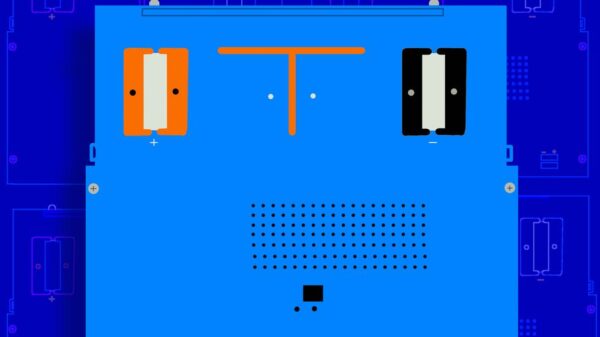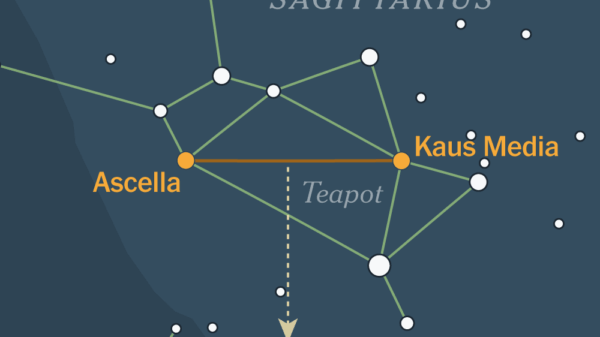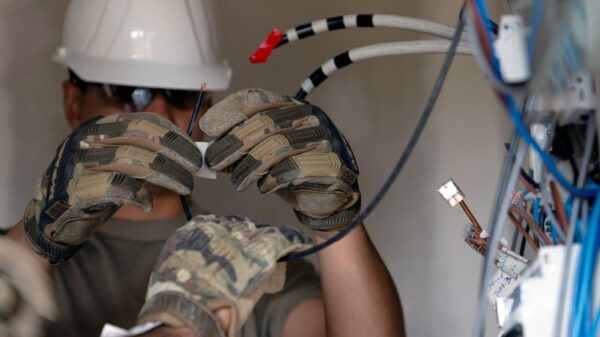Mote Marine Laboratory in Sarasota, Florida, has officially relocated hundreds of marine animals to its newly constructed facility, a project that cost approximately$130 million. This transition involved the careful moving of various species, including river otters, sea turtles, manatees, penguins, and sharks, to a state-of-the-art center designed to provide more authentic habitats and enhance public education in marine sciences.
The new facility, known as theMote Science Education Aquarium, is set to open its doors on July 12, 2023. “We have created new authentic habitats for all our species of marine life, including a massive manatee habitat, and homes for some of our newest animals, like the giant Pacific octopus and our penguins,” stated Kevin Cooper, vice president for communications and strategic initiatives at Mote. The laboratory aims to increase its annual visitor capacity from 350,000 to potentially over 700,000 in this new location.
To facilitate the transition, Mote closed to the public in July 2023, allowing crews to prepare for the relocation process, which began in August. The old facility had been situated on City Island for 45 years, making access challenging for visitors. The new site, located just east of Sarasota, will house the research portion of the facility on the barrier island, while improving accessibility for guests.
Relocating the animals required meticulous planning and specialized techniques. “In the process of that relocation, each different species requires a different type of relocation technique,” explained Evan Barniskis, associate vice president for Mote. For instance, moving sharks and fish necessitated the maintenance of oxygen-rich water during transport, while manatees were transported in air-conditioned trucks specifically designed for their relocation.
The relocation process also involved nighttime transport for many fish and sharks to minimize traffic disruptions. Staff closely monitored each animal during the journey to ensure their health and safety. Once the animals arrived at the new site, aquarists and veterinary staff carefully managed the acclimation process, gradually introducing them to their new environments.
“We consistently monitor each animal for any health or behavioral abnormalities throughout the process and thereafter to ensure successful acclimation,” Cooper emphasized. The new facility will feature over 400 different species, comprising thousands of individual animals, and is dedicated to marine science, education, and immersive public experiences.
Mote SEA includes three STEM teaching labs focused on Biomedical, Microbiology, and Immunology; Marine and Coastal Ecology; and Ocean Engineering, Technology, Robotics, and Sensory Development. The facility plans to offer free hands-on experiences for approximately 70,000 students from schools in Sarasota and Manatee counties.
Founded in 1955 by Dr. Eugenie Clark, Mote Marine Laboratory continues to play a crucial role in marine conservation efforts, including operating coral nurseries in the Florida Keys to help restore damaged reefs. Barniskis concluded, “The most important thing we want our visitors to take away is a better understanding of marine science and how Mote Marine Laboratory contributes to expanding the knowledge of the marine environment to the world.”

































































